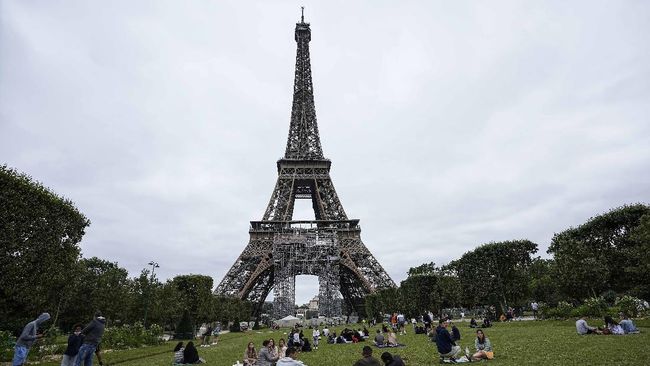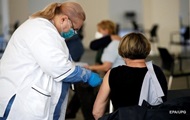Published on : Modified :
–
New York est de retour dimanche pour sa 50e édition, et avec lui les innombrables possibilités de le courir pour une cause charitable, un secteur devenu incontournable et qui espère repartir de plus belle après la pandémie."> New York (AFP) – After a forced break in 2020, the New York marathon is back on Sunday for its 50th edition, and with it the countless possibilities to run it for a charitable cause, a sector that has become essential and which hopes to start again after the pandemic.
What makes them run? For many, the passion and personal challenge of finishing a 42.195 km race. But to the unique decor and atmosphere of the New York Marathon, its bridges and its final in Central Park, some of the “runners” add the satisfaction of having raised funds for a good cause.
“There is a similarity in the effort,” says Alain Bernard, a 49-year-old consultant who aligns with The Bowery Mission, a group of homeless shelters in New York. “When you raise money, it’s dollar after dollar, one connection after another. A marathon is one stride after another, and you focus on the next to make sure you have enough energy “, explains this Frenchman installed for years in the megalopolis.
At the New York City Marathon, where the tradition began in the late 1980s, there is no shortage of good causes. Beyond the dozens of foundations to advance scientific research against cancer, Alzheimer’s or autism, a runner can also raise funds for neighborhood or environmental associations, for veterans, small clubs of sport, schools, churches, etc.
45 million in 2019
From the protection of vultures to the fight against miscarriages of justice, around 6,000 will be wearing the colors of one of the 490 invited associations on Sunday, out of some 33,000 runners in total. Declining figures to allow more “distancing” in this first post-pandemic edition, explains Christine Burke, one of the vice-presidents of New York Road Runners (NYRR), which organizes the race.
–
In 2019, 54,000 runners took the start, including 12,000 “charity runners” who raised $ 45 million.
With the US borders reopening for many countries on Monday, entry into the United States will be impossible for thousands of international amateurs.
“We hope to get back to normal next year”, explains Michelle Williams, captain of the “Run Baby Run” team, which will field this year only three runners, against ten previously, for the benefit of an association for child victims. kidnappings and sexual violence.
This 52-year-old flight attendant, who lives in Arizona, says she embarked on the adventure between 2010 and 2011, in memory of her brother David, victim of an abduction and sexual abuse which he did not never recovered until his death at 31, in 2004. For ten years, “Run Baby Run” has raised some 176,000 euros.
“Exposition”
Small structures coexist with heavy goods vehicles. One of the pioneering groups, “Team in training”, claims $ 1.5 billion in funds raised since its founding in 1988, for the benefit of research against leukemia and lymphoma. The New York Marathon has its own charitable team, “Team for Kids”, focused on promoting physical activity.
The benefit is not only financial. “It’s an ultra-public event that brings us exposure,” assures The Bowery Mission’s president, James Winans. “The runners go to their friends, their family, their networks” to raise funds, “it connects everyone to what we do,” he adds.
For some runners, it is also a way to get around the difficulties, even the impossibility, of registering for a prestigious marathon like New York, London or Boston.
In New York, for example, a simple runner registers for a lottery – and will pay his registration between 255 and 295 dollars if he is drawn at random – while he will have a guaranteed bib if an association recruits him. But then, you usually have to manage to raise at least $ 3,000, which requires being connected to a good network of generous relatives, or wealthy.
“It’s not a small sum,” confirms Christine Burke. But “most people are already associated with the cause they defend, more than” looking for a place “, assures the vice president of NYRR.
© 2021 AFP
–


